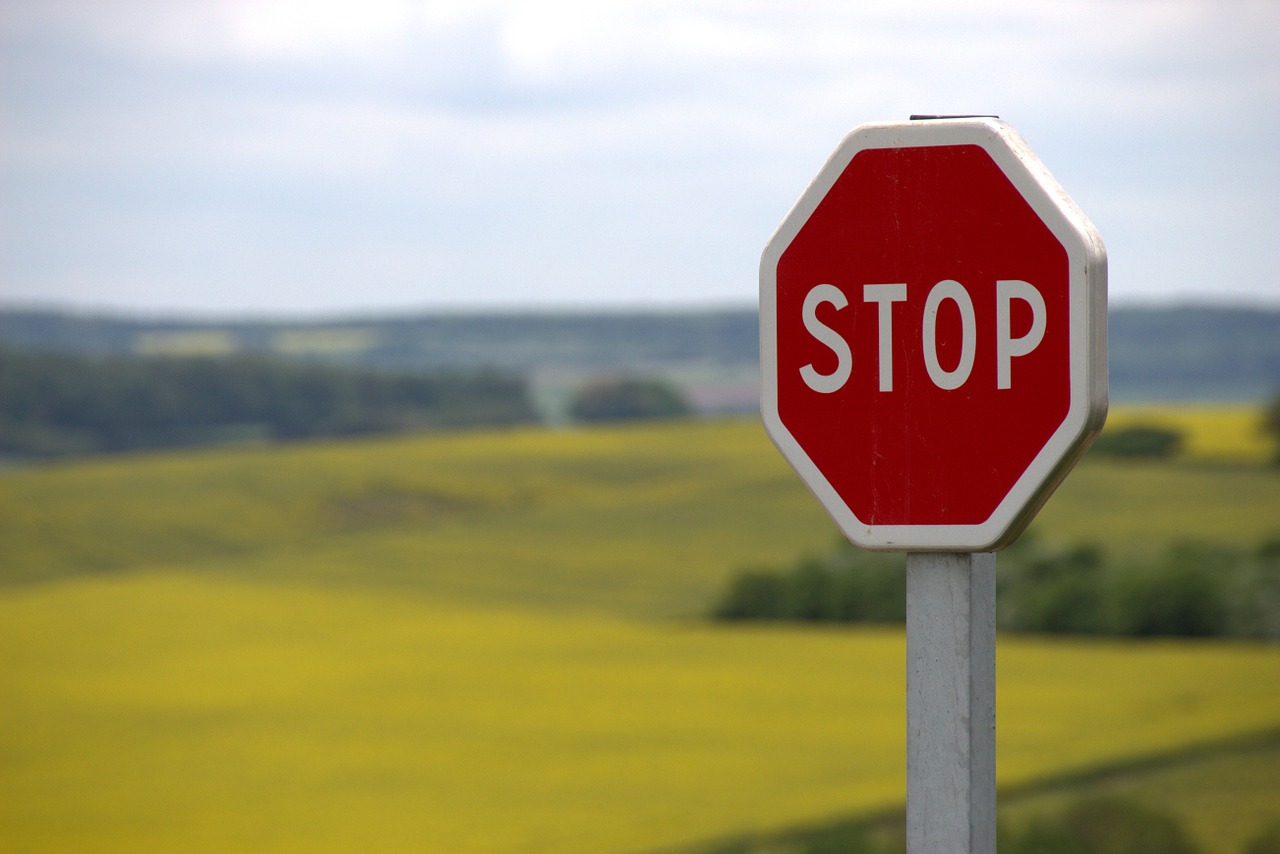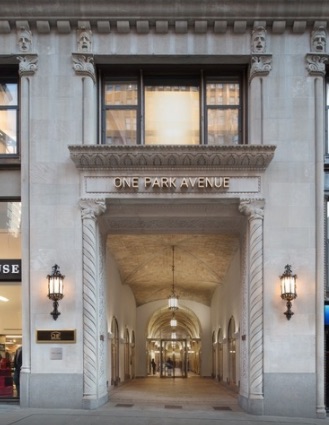Ranging from individuals to the entire economy, the cost of social media generally and of Facebook specifically ripples in many directions.
Behavioral Economics
The intersection of psychology and economics, behavioral economics looks at human tendencies that involve biology and culture when predicting and explaining economic decision-making.
Where We Are Sure of Economic Uncertainty
Based on newspapers, stock markets, businesses, and households, economic policy uncertainty metrics can explain the pandemic impact.
How the ATM’s Twenty Dollar Bills Affect Us
The Atlanta Fed looked at how we spend our twenty dollar bills to see the ATM’s impact on whether we use cash or debit or credit.
How the Risks of Investing and Covid Are Similar
Just when we think we have a safe approach to Investing and Covid, our risky behavior increases, thereby making us more vulnerable.
Why Your Stock Ticker Symbol Matters
Much more than a name for trading stock, clever stock ticker symbols can affect how investors feel about companies.
August 2021 Friday’s e-links: Some Economic Psychology
Our August e-links begin with some insight from Daniel Kahneman, the first (and only) psychologist to win the economics Nobel award.
The Tax That Made Us Healthier
By increasing cigarette taxes, states provided an example that extends beyond smoking of how a higher cost leads to healthier habits.
When More Is Less at the Supermarket
When supermarkets carry fewer products, they lose the benefit of more variety but also minimize the cost of creating too many decisions.
My Book of the Month: Why An Address Matters
Looking at “The Address Book What Street Addresses Reveal About Identity, Race, Wealth, and Power,” we can see how addresses matter.
Why Metrics Can Be Misleading
We can wind up with misleading metrics when the number we use as a goal becomes the incentive that distorts output decisions.










